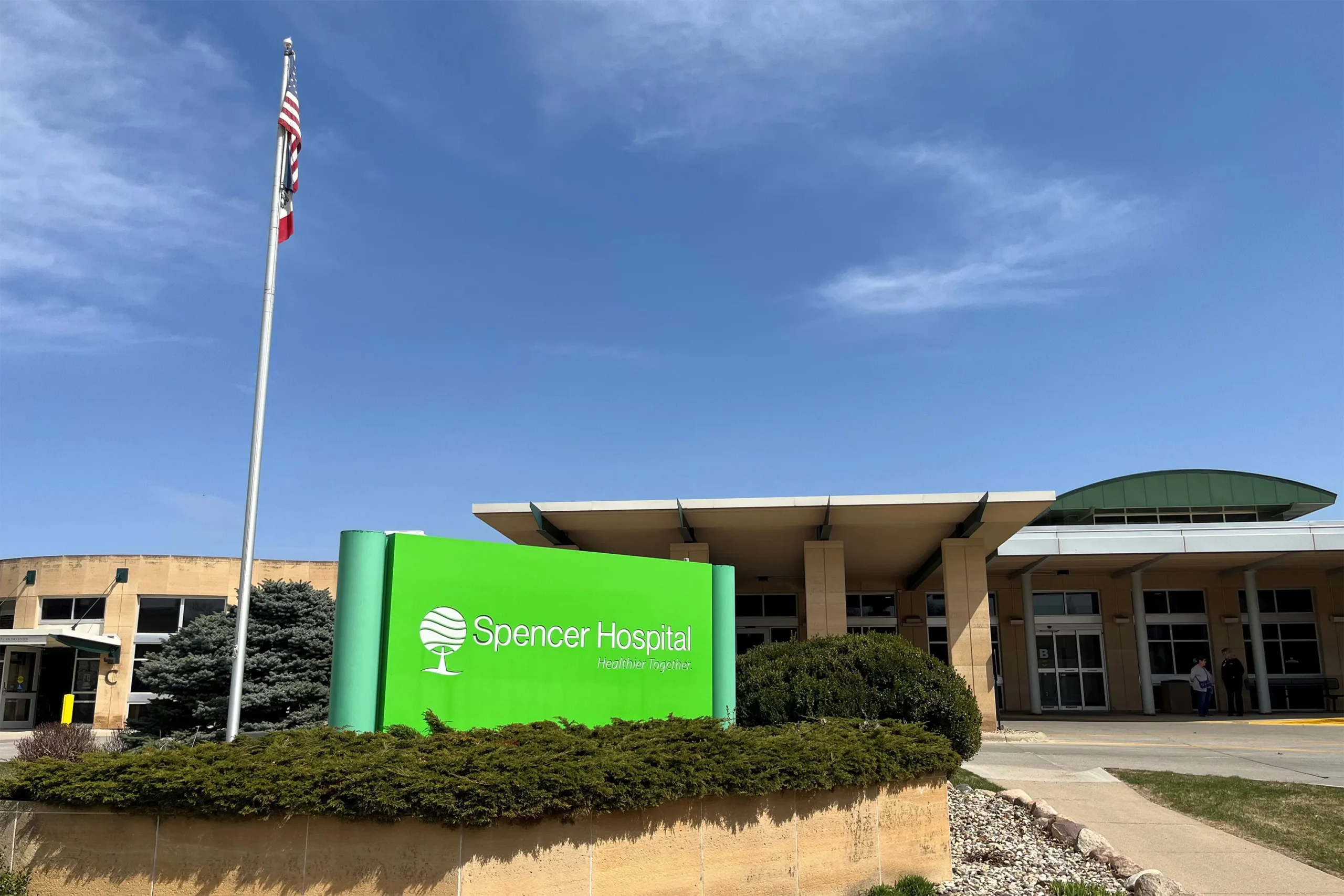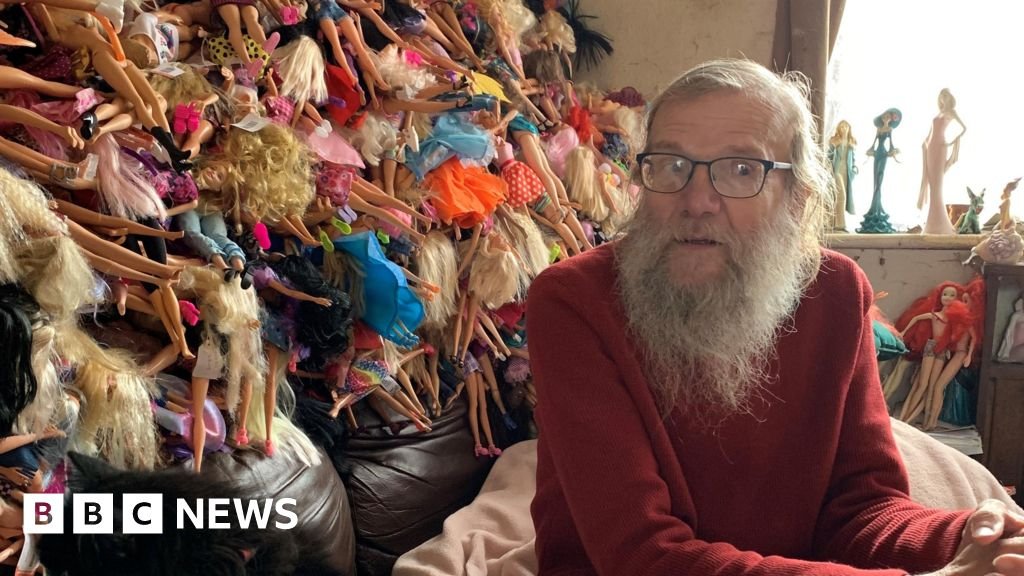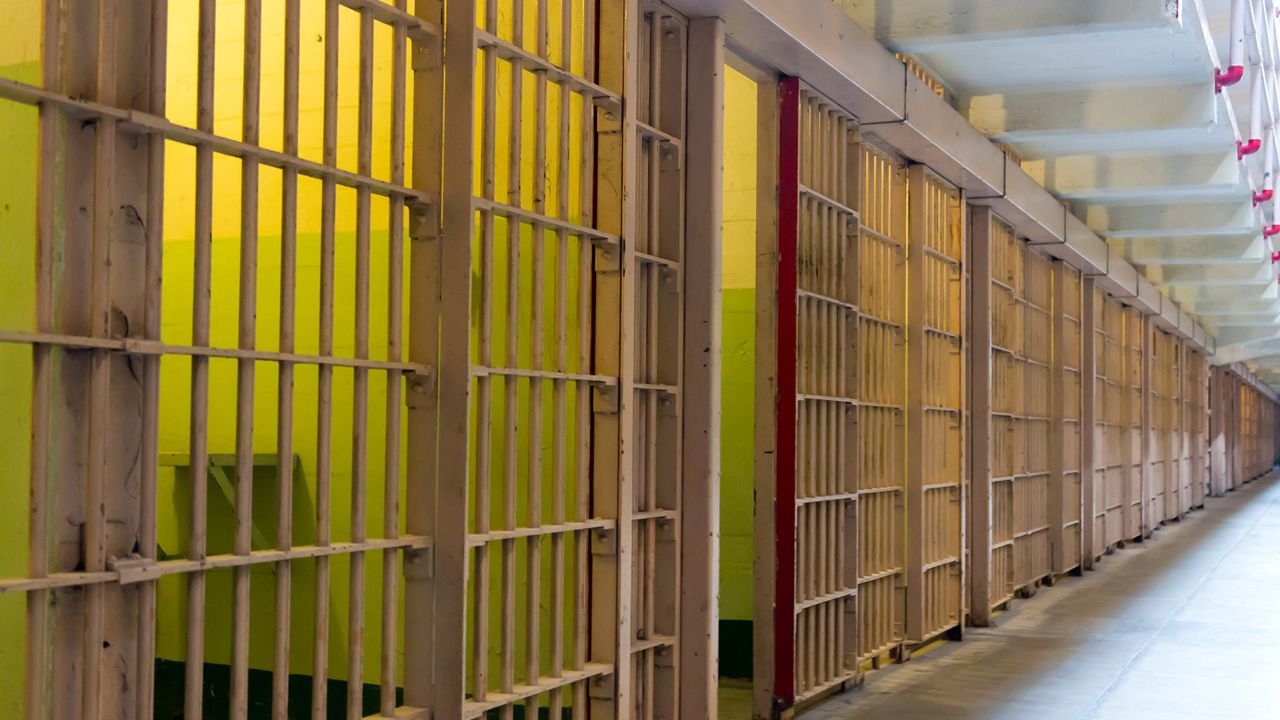In Spencer, Iowa, local hospital leaders commit to maintaining their inpatient psychiatric unit, a service that has dwindled across the United States. As many as 100 hospitals nationwide have closed their mental health units in the past decade, driven by financial losses and reduced funding from Medicaid, the joint federal-state program that supports low-income patients.
In the Spencer Hospital, approximately 40% of psychiatric inpatients are covered by Medicaid, compared to only 12% of all inpatients. Additionally, around 10% of these patients are uninsured. Brenda Tiefenthaler, the hospital’s CEO, stated that the psychiatric unit incurs annual losses of $2 million, a staggering figure for a facility with a total budget of $120 million. Despite these losses, she emphasizes the necessity of mental health care, likening it to treatment for physical ailments.
Currently, Medicaid provides health coverage for about 72 million low-income Americans, including a significant number of individuals dealing with mental illness. Tiefenthaler warns that cuts to Medicaid funding could exacerbate an ongoing mental health crisis, forcing those who lose coverage to seek help in emergency rooms rather than preventive care. This could result in more patients entering hospitals in crisis situations rather than receiving timely treatment.
According to Jennifer Snow, director of government relations and policy for the National Alliance on Mental Illness, the shortage of inpatient mental health services has reached alarming levels. The number of individuals requiring mental health support has increased, while many facilities have reduced or eliminated these services due to financial challenges.
Despite congressional promises to safeguard Medicaid, proposed budget cuts could threaten the program’s sustainability. Data shows that Medicaid typically reimburses hospitals at lower rates than private insurers or Medicare. This places an additional burden on hospitals like Spencer, which face financial strain while serving a population that desperately needs mental health care.
In Iowa, 51% of nonelderly Medicaid recipients have some form of mental illness. However, as of February, only 20 out of 116 community hospitals in Iowa still have inpatient psychiatric units. The Treatment Advocacy Center suggests that Iowa needs between 960 and 1,920 psychiatric beds to adequately serve its population. Currently, the state has only about 760 beds available, primarily located in metropolitan areas, leading to long wait times for patients in crisis.
Sheriff Chris Raveling from Clay County highlights the challenges faced by law enforcement when transporting individuals with mental health issues. Often, patients must wait for hours or days in emergency rooms before being admitted to a facility. This situation leads to individuals being held in jail for minor offenses related to their mental health struggles, despite the fact that they should be receiving treatment.
Local psychologist Jon Ulven expresses concern about the long-term impact of delayed mental health treatment, particularly for young individuals experiencing early signs of psychosis. Research indicates that immediate intervention can dramatically alter the trajectory of these patients’ lives, while delays can lead to worsened symptoms and increased risk of suicide. A 2022 study found that states that did not expand Medicaid saw faster rises in suicide rates compared to those that did.
If further Medicaid cuts occur, many patients could lose access to necessary services. In 2024, nearly 41% of psychiatric inpatients across a sample of 680 hospitals were covered by Medicaid, contrasting sharply with only 13% in cancer care and 9% in cardiac care. Without this coverage, hospitals would face financial challenges when treating uninsured patients during mental health crises.
Spencer Hospital, which maintains both its psychiatric and birthing units, faces staffing challenges amid a national shortage of mental health professionals. Despite these difficulties, Tiefenthaler and her team remain committed to providing essential services to their community. The hospital employs two psychiatric nurse practitioners and two psychiatrists, one of whom provides remote care from North Carolina.
David Jacobsen, a local resident, recalls how crucial these mental health services were for his son, Alex, who struggled with mental health issues before dying by suicide in 2020. Jacobsen fears that if funding for Medicaid is reduced, more hospitals may close their mental health units, preventing vulnerable individuals from receiving the help they need. He states, “They’re hurting the people who need help the most.”
The closure of mental health units affects the entire community, not just those on Medicaid. As mental illness continues to affect countless individuals, the need for robust mental health services becomes increasingly urgent. Jacobsen emphasizes that mental illness does not discriminate, highlighting the importance of access to care for all individuals, regardless of their financial situation.



